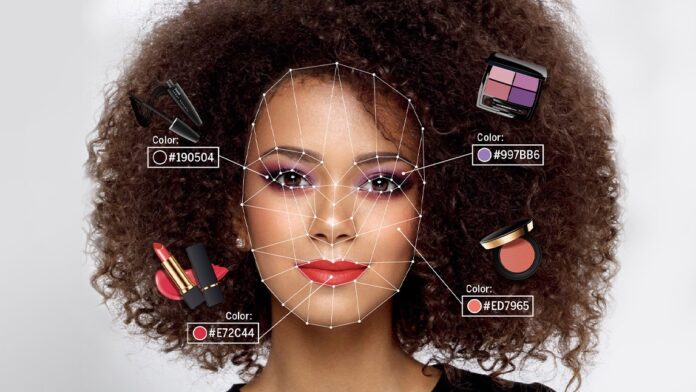Artificial Intelligence (AI) has revolutionized various industries, including the beauty and cosmetics industry. From virtual try-ons to personalized skincare recommendations, AI has significantly impacted the way customers interact with and experience beauty products. In this blog post, we will explore the impact of AI on the beauty and cosmetics industry.
Personalized Product Recommendations
AI algorithms are capable of analyzing customers’ data and recommending personalized skincare and beauty products based on their skin type, age, and concerns. For instance, beauty brands can use AI-powered chatbots to communicate with customers and provide personalized product recommendations. Sephora, a leading beauty brand, has an AI-powered chatbot that recommends products based on customers’ skin type and preferences.
Virtual Try-Ons
Virtual try-ons have become popular among beauty brands, allowing customers to see how a product looks on them without actually applying it. AI-powered virtual try-ons use facial recognition and augmented reality technology to create a realistic virtual makeup look. L’Oreal’s Makeup Genius app is an excellent example of this technology. It uses the front-facing camera on a smartphone to map the user’s face and superimpose makeup products in real-time.
Improved Product Development
AI technology can also help beauty brands develop better products. AI algorithms can analyze customer reviews, social media, and other data to identify customer needs and preferences. This information can be used to create new products or improve existing ones. For example, L’Oreal has developed an AI-powered hair analyzer that can analyze a person’s hair and recommend the most appropriate hair products.
Enhanced Customer Experience
AI has made it possible for customers to have a more personalized and interactive experience when shopping for beauty products. Brands can use AI-powered chatbots to answer customer queries, provide product recommendations, and even offer personalized beauty tips. This helps customers make informed purchase decisions and improves their overall experience.
Improved Supply Chain Management
AI-powered supply chain management can help beauty brands optimize their supply chain by predicting demand, managing inventory, and reducing waste. For example, L’Oreal is using AI to optimize its manufacturing process, reducing the time and resources required to produce products.
In conclusion, AI has had a significant impact on the beauty and cosmetics industry, from personalized product recommendations to virtual try-ons and improved product development. As technology continues to advance, it is likely that we will see even more innovative applications of AI in the beauty industry. With the help of AI, beauty brands can offer more personalized, efficient, and sustainable experiences to their customers.





